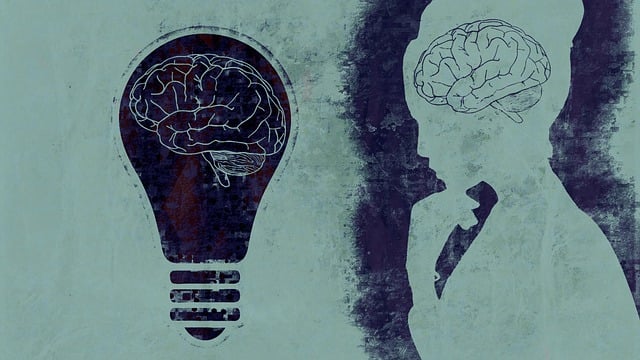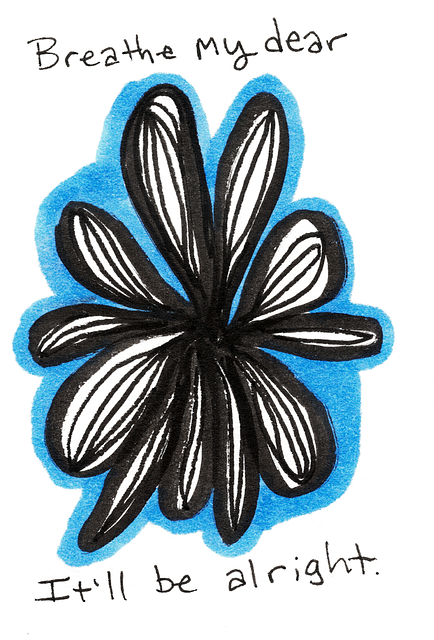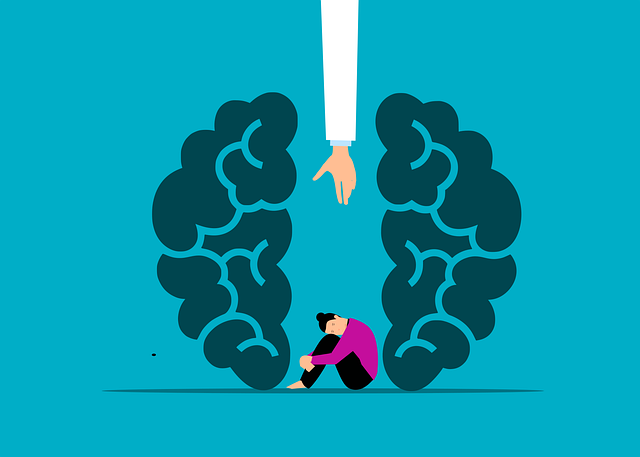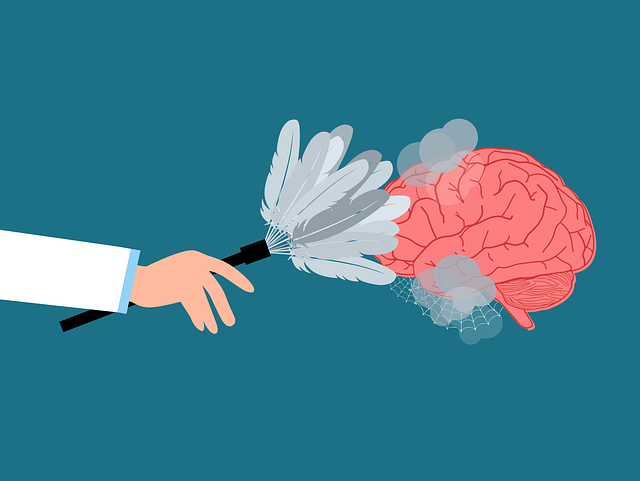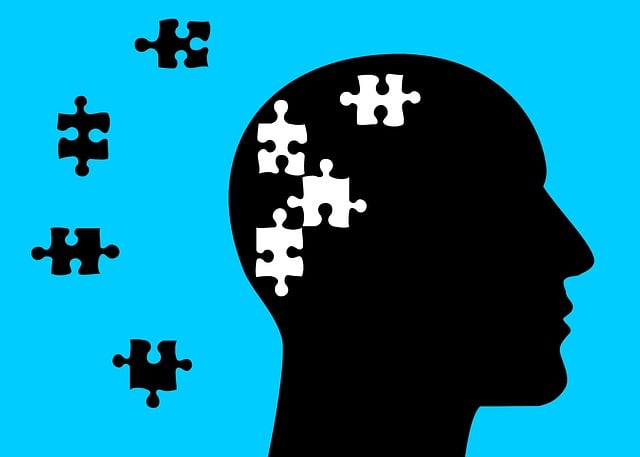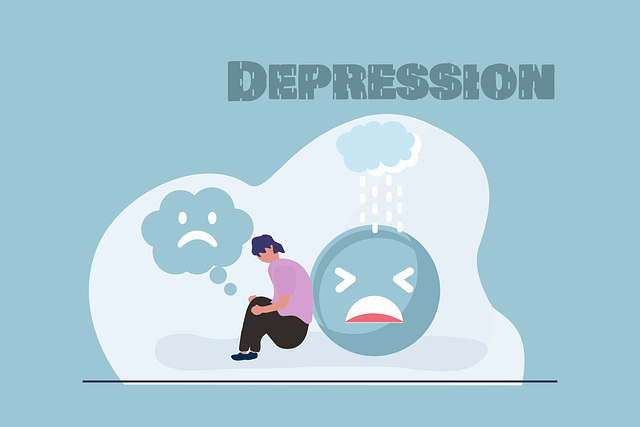Mental health advocacy, led by centers like Wheat Ridge Hypnosis Therapy, is vital for creating supportive communities and improving access to quality mental healthcare. Through awareness campaigns, education, and alternative therapy methods (such as hypnosis), these efforts reduce stigma and empower individuals. Wheat Ridge's innovative approach combines talk therapy with hypnosis to unlock the mind's potential, helping advocates guide others in stress management, challenge overcoming, and conflict resolution. They facilitate community outreach using online platforms and host educational events, normalizing mental health conversations. Partnerships with local support groups enhance resource sharing and impact, while evaluating success involves assessing qualitative improvements like self-esteem, emotional intelligence, and risk management planning.
Mental health advocacy initiatives play a vital role in fostering supportive communities. This article explores key aspects of mental health activism, offering insights into its profound impact on individual well-being. We delve into the training methods employed by Wheat Ridge Hypnosis Therapy, highlighting their effectiveness in empowering advocates. Additionally, we provide practical strategies for outreach and alliance building with local support groups. By examining measurement techniques, we uncover how to evaluate the success of advocacy programs, ensuring positive change within communities.
- Understanding Mental Health Advocacy: A Vital Community Role
- The Impact of Wheat Ridge Hypnosis Therapy in Advocate Training
- Strategies for Effective Mental Health Initiative Outreach
- Building Alliances: Collaborating with Local Support Groups
- Measuring Success: Evaluating the Effectiveness of Advocacy Programs
Understanding Mental Health Advocacy: A Vital Community Role

Mental health advocacy plays a crucial role in fostering supportive communities and enhancing access to quality care. It involves raising awareness, challenging stigma, and promoting understanding of mental health issues within society. Advocacy initiatives can take many forms, from individual acts of support to large-scale campaigns, all aimed at creating positive change. One such initiative is Wheat Ridge Hypnosis Therapy, which focuses on helping individuals manage stress and promote emotional well-being through alternative therapy methods.
By advocating for better mental healthcare practices, including cultural sensitivity in mental healthcare, these initiatives ensure that everyone has access to effective treatment tailored to their unique needs. The goal is not just to treat symptoms but to enable people to thrive by integrating mental health into overall wellness promotion techniques. This holistic approach recognizes the interconnectedness of physical and emotional well-being, ultimately contributing to stronger, more resilient communities.
The Impact of Wheat Ridge Hypnosis Therapy in Advocate Training

Wheat Ridge Hypnosis Therapy has emerged as a powerful tool in advocate training, offering unique insights into the mind and its capacity for change. This therapeutic approach goes beyond traditional talk therapy by utilizing hypnosis to facilitate deep relaxation and access to the subconscious mind. As advocates learn these techniques, they gain invaluable skills in helping individuals manage stress, overcome challenges, and resolve conflicts.
The training provided by Wheat Ridge focuses on teaching effective conflict resolution techniques, enabling advocates to support clients in navigating difficult situations. Moreover, it emphasizes community outreach program implementation, empowering advocates to raise awareness about mental health and provide accessible resources to those in need. Through these methods, advocates can contribute to widespread stress reduction, fostering healthier and more resilient communities.
Strategies for Effective Mental Health Initiative Outreach

Mental health initiative outreach requires a multi-faceted approach to effectively engage and support individuals in need. One key strategy is to leverage various media platforms, such as social media and online communities, to spread awareness about mental wellness. Wheat Ridge Hypnosis Therapy, for instance, could create engaging content that combines educational insights with personal stories, making complex topics accessible and relatable. This not only educates but also normalizes conversations around mental health.
Additionally, hosting events like workshops, webinars, or a Mental Wellness Podcast Series Production can foster open dialogue and provide practical Burnout Prevention Strategies for Healthcare Providers. These platforms allow professionals to offer valuable advice, share recovery stories, and discuss relevant topics in depth. Furthermore, implementing risk management planning tailored for mental health professionals is essential (Risk Management Planning for Mental Health Professionals). This ensures a safe and supportive environment for both practitioners and clients, fostering trust and encouraging open communication.
Building Alliances: Collaborating with Local Support Groups

Building alliances with local support groups is a powerful strategy for mental health advocacy initiatives. By collaborating with organizations like Wheat Ridge Hypnosis Therapy, communities can create networks that offer comprehensive support for individuals facing mental health challenges. These partnerships enable the sharing of resources, expertise, and best practices, enhancing the impact of both parties. Local support groups bring valuable community insight, while hypnosis therapy contributes unique techniques such as self-care routine development and stress reduction methods, fostering an environment where people can receive holistic care tailored to their needs.
Effective communication strategies are at the heart of these collaborations. Open lines of dialogue facilitate the understanding of diverse perspectives and ensure that initiatives align with the community’s specific requirements. Such partnerships not only amplify the reach of mental health advocacy but also empower individuals to take control of their well-being, fostering resilience and promoting better mental health outcomes.
Measuring Success: Evaluating the Effectiveness of Advocacy Programs

Evaluating the success and impact of mental health advocacy initiatives is a crucial step in understanding their effectiveness and making informed decisions for future programs. Measuring success goes beyond simple numbers and involves assessing qualitative improvements as well. At Wheat Ridge Hypnosis Therapy, we recognize that each individual’s journey towards better mental health is unique, so our evaluation methods cater to these diverse needs.
Self-esteem improvement, emotional intelligence, and risk management planning are key areas of focus when gauging the outcomes of advocacy programs. By measuring changes in an individual’s confidence, ability to manage emotions, and strategies for dealing with risks, we can gain valuable insights into the program’s overall success. These evaluations ensure that mental health professionals are equipped with the necessary tools to provide effective care, fostering a positive impact on the lives they touch.
Mental health advocacy initiatives, such as those enhanced by training from Wheat Ridge Hypnosis Therapy, play a crucial role in fostering community support and improving access to care. By implementing effective outreach strategies, collaborating with local support groups, and measuring success through evaluation, these programs can create a symphony of change. Remember that, collectively, we can navigate the labyrinthine landscape of mental health by empowering folks and revolutionizing support systems, ultimately ensuring indelible positive impacts on individuals in need.





